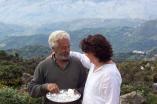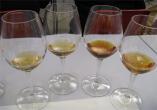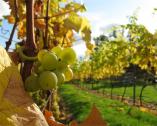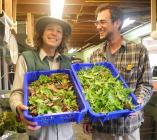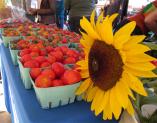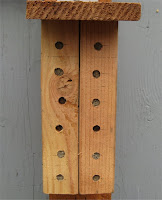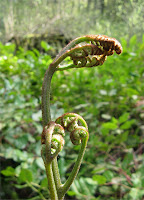Pity the pigs who will die in vain over the misunderstandings that are propagating even faster than swine flu itself. If we had any doubt about human arrogance in putting ourselves above the interests of other species, we certainly confirm it whenever our species is at any risk. Consider the millions of turkeys, chickens, sheep, cattle, even water buffalo who have died over the past decade or so in the name of disease prevention. It was known then as it is known now that many of these animals were not diseased, but it was cheaper to kill them all, these unfortunate sentient beings in our dubious human custody.
The whole H1N1/”swine” flu business has at least, I hope, raised some flags about factory farming of animals, including but not only pigs. If we could all agree to skip a few meals of meat each week we could change the situation; but we don’t. Why don’t we? Instead, we are treated to messages telling us not to stop eating pork. And Egypt says it wants to improve pig farming by moving the animals away from the sources of urban garbage they’re fed and onto “proper farms”. Maybe the pigs being culled are better off…
While we wait for the UN to test the pigs at the centre of the outbreak, here’s some reading on the virus:
(But first, some pig poetry: Margaret Atwood’s Pig Song; Roald Dahl’s The Pig; Donald Hall’s Eating the Pig.)
April 29
Swine Flu: Don’t Blame the Pig (Time)
Swine flu: The predictable pandemic? (New Scientist)
April 30
Swine flu source spawns wild theories (Reuters)
Virus’s Tangled Genes Straddle Continents, Raising a Mystery About Its Origins (New York Times)
Did factory farming cause the swine flu outbreak? (Macleans)
May 2
The pig’s revenge (Guardian – Felicity Lawrence)
May 5
H1N1 Flu (Swine Flu) and You (CDC-Centers for Disease Control & Prevention)
Swine Flu Shows Need for Better Animal Testing (Time)

